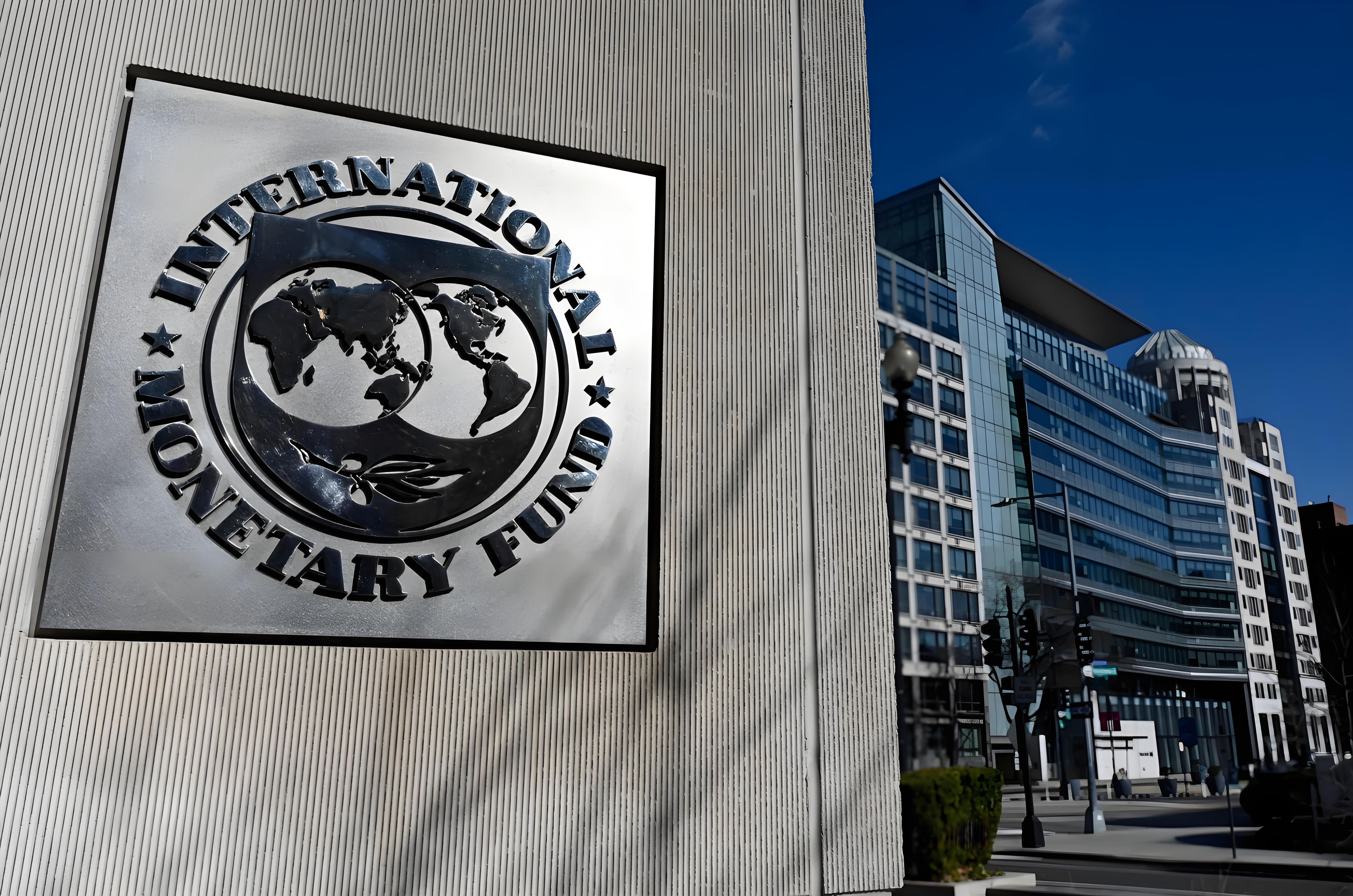
The updated content of the World Economic Outlook Report released by the International Monetary Fund (IMF) on July 29 is like a stone thrown into a calm lake, causing ripples in the global economic sphere. The report predicts that the world economy will grow by 3% and 3.1% in 2025 and 2026 respectively, which are 0.2 and 0.1 percentage points higher than the forecasts made last April. This upward adjustment undoubtedly brings a glimmer of light to the global economy, which is shrouded in mist. However, when we look through the fog, we will find that the road ahead for the world economy is still full of thorns.
The IMF emphasizes that the upward revision is due to factors such as importers stockpiling goods in advance because of the US government's threat to impose tariffs. The long-standing uncertainty in US trade policies is like a Sword of Damocles hanging over the global economy. Importers, in order to avoid the possible cost impact of high tariffs, have started to stock up on goods one after another. This behavior has greatly stimulated the growth of trade volume in the short term, driven the operation of related industrial chains, and provided additional impetus for global economic growth. For example, some enterprises that rely on importing key components from the United States, to prevent a sharp increase in costs caused by a significant rise in tariffs, have purchased and stocked up a large number of components in advance. This has made data such as cargo transportation volume and storage volume in international trade perform well in a certain period, thus driving up the figures of global economic growth. But the foundation of this growth momentum is actually fragile. It does not stem from the endogenous demand expansion of the global economy, but is based on the stress response to the uncertainty of trade policies. Once the tariff policies are finalized, the demand for stockpiling will drop sharply, and the economic growth driven by stockpiling will burst like a bubble. Moreover, importers' advance stockpiling occupies a large amount of funds, which may lead to a shortage of funds for subsequent normal production and operation, affect the long-term development of enterprises, and is not conducive to the steady progress of the global economy in the long run.
While adjusting the global economic growth forecast, the report also raised the growth rates of emerging markets and developing economies as well as advanced economies respectively. The economic growth rates of emerging markets and developing economies for this year and next are 0.4 and 0.1 percentage points higher than the April forecasts, reaching 4.1% and 4% respectively; the economic growth rates of advanced economies for this year and next are both raised by 0.1 percentage points, to 1.5% and 1.6% respectively. Emerging markets and developing economies have shown strong growth resilience and potential. Take some emerging Asian economies as an example, they have been promoting industrial upgrading, gradually moving from low-end processing to high-end manufacturing in the manufacturing sector, and attracting a large amount of investment in electronic information, new energy and other industries, which has driven economic growth. At the same time, some emerging market countries have actively expanded their domestic demand markets, reducing excessive dependence on external markets, which has also injected new impetus into economic growth. The growth of advanced economies is relatively stable, but the upward adjustment is limited. After experiencing the impact of energy prices, the inflation in the euro zone has slowed down faster than expected, and household consumption has strengthened to a certain extent, which has promoted economic recovery and made the IMF fine-tune its growth forecast for the euro zone. However, advanced economies generally face problems such as aging populations and weak growth in traditional industries, which restrict the significant improvement of their economic growth rates.
Although the IMF has raised its global growth forecast, the downside risks to the current global economy cannot be underestimated. High uncertainty in trade policies, escalating geopolitical tensions, and rising fiscal vulnerability are like three mountains weighing on the path of global economic development. In terms of trade policy uncertainty, the US trade policies are capricious. It not only has trade frictions with many countries, but also the direction of its domestic trade policies affects the global trade pattern at all times. Once the United States further imposes tariffs or introduces more stringent trade restrictions, the global trade order will be severely damaged, the volume of international trade will decline, and the economic growth of countries that rely on exports will be seriously suppressed. Geopolitical tensions are also constantly interfering with the global economy. Regional conflicts lead to unstable energy supply, push up energy prices, and increase enterprise production costs. For example, geopolitical conflicts in the Middle East often cause fluctuations in international oil prices, which significantly increase the costs of global aviation, transportation and other industries, and then affect the profits and development of the entire industrial chain. In addition, many countries are facing increased fiscal vulnerability and high public debt. When the economy is hit, they lack sufficient fiscal space for counter-cyclical adjustment, and it is difficult to stimulate economic growth through large-scale fiscal expenditure. Instead, they may be forced to cut public spending due to debt pressure, further dragging down the economy.
The IMF's upward revision of the global growth forecast has brought positive signals to the global economy, but the fragile nature of the world economy has not changed. In the complex and changing international economic environment, countries need to work together to build a clear and transparent trade framework, reduce trade and investment barriers, and jointly cope with various risks and challenges. Only in this way can the global economy truly embark on a stable and sustainable growth path. Otherwise, this upward growth forecast may be just a flash in the pan, and it will be difficult to truly change the situation where the global economy is struggling forward in uncertainty.

报告显示,中国电力投资加速增长,预计2024年电网基建投资将超过5300亿元。
近日,市场迎来了一则引人注目的消息:工业巨头3M公司(MMM.N)在本周五公布了其季度业绩报告,随后股价飙升至近两年来的
最近,外媒给OpenAI算了笔账,今年可能要血亏50亿美元。
近日,巴黎奥运会和世界铁人三项协会联合发布了一项重大决定,宣布因塞纳河水质污染问题,原定于近期进行的奥运会铁人三项首次下
当地时间7月18日,法国巴黎发生了一起令人震惊的持刀袭警事件。
近期,一则重大消息在国际舞台上引起轩然大波,马来西亚宣布加入金砖国家。
调查发现,互联网和智能手机的使用干扰了韩国近五分之一学生的生活。